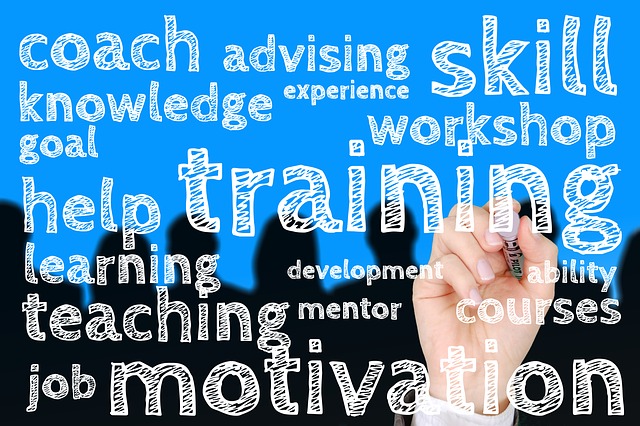What happens when we as educators bravely tackle inequity? What possibilities get created when we don’t look for someone to blame — be it the children, their families, our colleagues, the system? What if instead, we grappled with our own beliefs and practices and if they interrupt or reinforce racism, sexism and xenophobia in our schools and classrooms?
A lot.
As educators, we see inequity regularly. We see the students that arrive daily not as ready to learn as we would wish: without breakfast, school supplies or homework completed, less ready to engage in cooperative play or to sit and read. We see the children we struggle to teach. It is our job to support and nurture, but instead we fail them: they are suspended more, attend less, have weaker teachers, have fewer enrichment experiences, perform worse on assessments and are less prepared when they leave. And far, far too often race, class, gender or immigrant status are part of the story.
When schools and districts seek to change these outcomes, their efforts often come up short because generally there is a single “intervention”. We put diverse books in our classrooms, but don’t talk about how to integrate them into the curriculum. We introduce new curricula on identity, race and equity, but don’t provide a place for teachers to learn the curricula or understand or explore their own biases. We introduce new policies on school discipline to prevent over-suspension, but don’t shift the underlying beliefs that enabled over-suspension. And we don’t provide a new set of strategies and supports to teachers that would result in a different outcome.
The Center on Culture, Race and Equity at Bank Street College of Education articulates a different approach based on three key premises:
1. Systems failures require systems solutions; any specific intervention must be part of a larger strategy.
2. This work must begin with the adults. Our beliefs and biases impact students, and so we must do this work to shift our perspectives, understanding and behavior.
3. As adults, we are well positioned and, as advocates for students, obligated to do the work to transform systems.
This approach focuses on three overlapping areas of systems change: the personal, professional and institutional to create equitable and just learning environments.
Knowing that we all have preconceptions that impact and inform our work, educators must engage in an honest exploration of the personal and be invited to tell their stories, explore their history and then look closely at others’ history and experience. Critical to this effort is helping investigate the historical and contemporary manifestations of racism in our own experiences, our beliefs, our practices and our organizations. Through expanding knowledge and awareness, and building on our own strengths, we can challenge long-held stereotypes and move towards new possibilities.
As they develop a new perspective, educators must also be supported with tangible skills that advance their professional practice in classrooms and schools. Working in partnership with the educators, we must get concrete and specific. Who gets asked what questions in the classroom? What do you do instead of sending children out of class? How is the curriculum culturally responsive? Every school asks these and dozens of other questions around equity and they need support to find the answers.
Finally, there is work to do across any school or organization to establish institutional systems and policies that advance equity and interrupt those systems the reinforce inequity. As teachers, we do not operate in a vacuum. To change our practice, we must have safe learning communities ourselves and policies that support the changes in our practice. A child and family’s experience in school is informed by many actions. Discipline, curriculum, pedagogy, community are all informed by many adults and they must work in concert. For any of us to change, we must work together.
When implemented with fidelity, amazing things can happen. In 2015, CCRE partnered with the District of Columbia Public Schools (DCPS), around the over-suspension of black boys in 3 elementary schools. We worked with 29 classroom teachers, 17 school leaders and other staff including specialists, counselors, cafeteria workers and security guards, over the course of six months. We included parents as part of two focus groups. The result in our most successful school was a 20% year over year decline in behavior referrals, including incidents such as classroom disruption, fighting, defiance, and physical aggression.
This is what is possible when practitioners face this work head on — bravely having the tough conversations about ourselves, shifting our professional practices and confronting the way we work as institutions. The result can be very different for ourselves, our children and our communities. The confusions, divisions and inequities can shift — all it takes is for us to do the work.
Josh Thomases is the dean of Innovation, Policy & Research at Bank Street College of Education in New York City.
__________________________________________
Like this article? Sign up for SmartBrief on EdTech to get news like this in your inbox, or check out all of SmartBrief’s education newsletters, covering career and technical education, educational leadership, math education and more.
